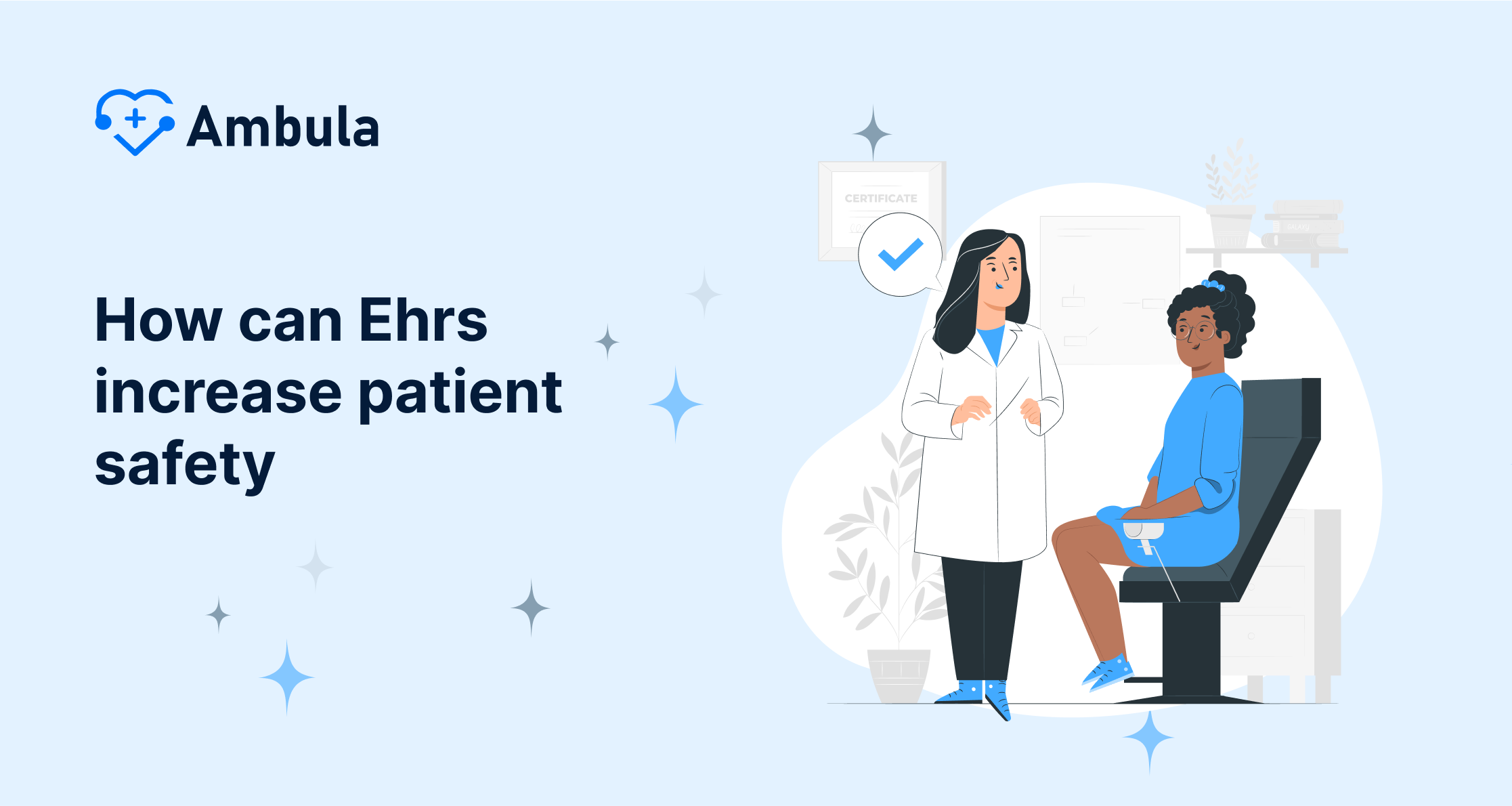
Patient engagement is a critical component of healthcare, as it involves active participation by patients in their healthcare. This can include decision-making, self-management, and communication with healthcare providers. The importance of patient engagement cannot be overstated, as it has been shown to improve health outcomes and reduce healthcare costs.
- Improved Health Outcomes
- Increased Patient Satisfaction
- Reduced Healthcare Costs
- Better Communication with Healthcare Providers
- Empowerment
Improved Health Outcomes
Patient engagement plays a crucial role in improving health outcomes. When patients are actively involved in their healthcare, they follow treatment plans and medication schedules more effectively. This leads to better management of chronic conditions, fewer hospital readmissions, and, ultimately, better overall health.
Patient engagement also empowers patients to make healthier lifestyle choices. For example, a patient with diabetes engaged in their care may be more likely to change their diet and exercise routine to manage their condition better. Similarly, patients with high blood pressure may be more likely to take their medication as prescribed and monitor their blood pressure regularly when engaged in their care.
When patients are engaged in their care, they are more likely to understand their condition and its management, leading to better self-management and less dependence on healthcare providers.
Involving patients in the decision-making process, giving them access to their health records, and encouraging self-management of their conditions are some of how patient engagement can lead to improved health outcomes.
Increased Patient Satisfaction
When patients feel that they are a part of the decision-making process, that their opinions and concerns are being heard, and that their healthcare providers genuinely care about them, they tend to be more satisfied with their care.
For example, suppose a patient can discuss and understand their treatment options. In that case, they are more likely to feel comfortable with the chosen plan and trust their healthcare provider. This trust leads to better adherence to treatment plans and better outcomes.
Patient engagement also allows patients to feel more in control of their health. Patients given the tools and information to manage their care feel more empowered and self-sufficient. This sense of control can lead to a reduction in feelings of anxiety and helplessness.
Healthcare providers can increase patient satisfaction through engagement by involving patients in their care, providing clear and transparent communication, and creating a welcoming and open environment.
It’s important to remember that patient satisfaction is not just a “nice-to-have” but is closely linked to health outcomes, adherence to treatment plans, and overall healthcare experience.
Reduced Healthcare Costs
For one, when patients are actively involved in their healthcare, they are less likely to need expensive medical procedures or hospital stays. They are more likely to take their medication as prescribed, follow treatment plans, and make healthy lifestyle choices, which can prevent health problems from becoming more severe and costly to treat.
Patient engagement can help detect and prevent health problems early on through preventive care. Engaged patients are more likely to seek preventive care and screenings, which can identify potential health problems before they become more severe and expensive to treat.
Patient engagement also leads to better communication between patients and healthcare providers, leading to more effective treatment plans and fewer unnecessary tests or procedures. When patients are engaged and understand their conditions, they are more likely to ask questions and express concerns, leading to better decision-making and, ultimately, more cost-effective care.
Patient engagement can lead to improved health outcomes, fewer hospital readmissions, and reduced healthcare costs through better self-management, preventive care, and effective treatment plans tailored to the patient’s needs.
Better Communication with Healthcare Providers
When patients are engaged in their healthcare, they tend to ask more questions, express their concerns and preferences, and feel more at ease in discussing their health with their healthcare providers.
This open communication allows healthcare providers to understand better the patient’s condition, preferences, and concerns, leading to more effective treatment plans, better decision-making, and improved health outcomes.
Patient engagement also gives healthcare providers a more holistic view of the patient, including their social, economic, and emotional well-being. This understanding can help identify non-medical factors affecting the patient’s health and lead to more comprehensive and effective care.
With the rise of technology, patient engagement also includes giving patients access to their health records and allowing them to communicate with their healthcare providers through electronic means such as email, video consultations, and online portals. This can make it easier for patients to share with their healthcare providers and manage their health.
Better communication through patient engagement leads to a deeper understanding of the patient, improved treatment plans, better decision-making, and improved health outcomes.
Empowerment
Patient engagement empowers patients to take an active role in their healthcare. When patients are involved in decision-making, have access to their health records, and are encouraged to self-manage their conditions, they feel more in control of their health and better understand their condition and treatment options.
This sense of control and understanding can reduce helplessness and anxiety and improve adherence to treatment plans and overall health outcomes.
Moreover, patient engagement also gives patients a voice in their healthcare. When engaged, patients are more likely to express their concerns, preferences, and goals, which can lead to more personalized and effective care.
Furthermore, patient engagement can also lead to a greater sense of self-responsibility. Patients may be more likely to actively maintain their health and prevent illness, leading to better health outcomes and reduced healthcare costs.
Patient engagement empowers patients to take control of their health, improves the overall healthcare experience, and leads to better health outcomes.
Conclusion
In conclusion, patient engagement is an essential component of healthcare that can lead to improved health outcomes, increased patient satisfaction, reduced healthcare costs, better communication with healthcare providers, and empowerment. It is essential for healthcare providers to involve patients in their healthcare activities and to make sure that patients feel heard and that their opinions and concerns are considered.




